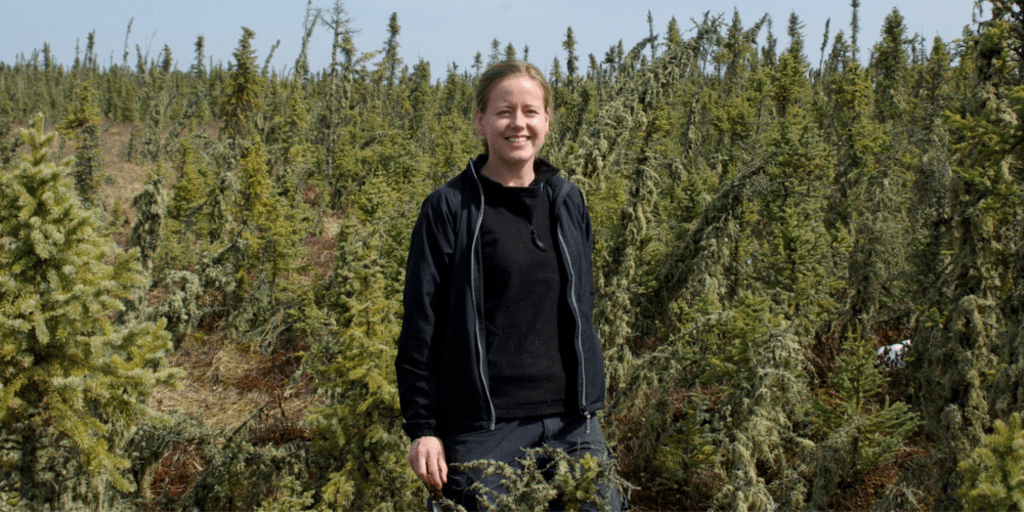The science of happiness meets sustainability
Estimated read time: 0:45
What is happiness? How do we know when we are happy? Is happiness linked primarily to our material conditions, or do our perceptions of cognitive and psychological well-being determine our happiness? What are the links between happiness, well-being and sustainability – social, economic and ecological?
A recently signed memorandum of understanding between the Rekhi Foundation for Happiness and the University of Waterloo (represented by the Faculty of Environment) will potentially address some of these questions. “We often pursue the idea of happiness and practice trying to stay happy, but developing a scientific understanding of happiness has a direct relationship to individuals being more optimistic and appreciative of the world around them”, said Bruce Frayne, dean of the Faculty of Environment. “This potential collaboration creates an exciting platform for teaching and outreach activities that connect the transdisciplinary science of happiness with a range of existing faculty strengths in sustainability”.
Under the non-binding agreement, the Rekhi Foundation and academic units across the campus have an opportunity to engage with a global network of institutions exploring the science of happiness and align innovative teaching and research activities with Waterloo @ 100 strategic priorities. Founded by philanthropist Dr. Satinder Singh Rekhi, the Rekhi Foundation has emerged with a vision of 'Happiness for All'. With the support of the Rekhi Foundation, close to 40 Centers of Excellence for the Science of Happiness have been or are being established across 35 universities in five countries.

